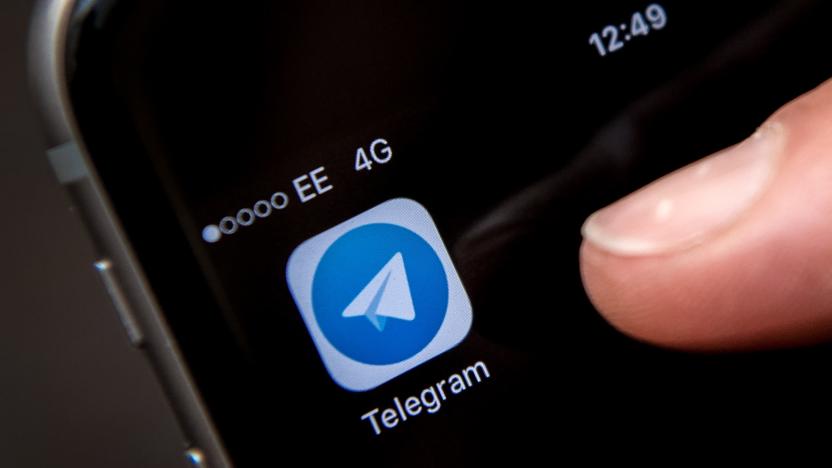FreedomOfExpression
Latest

Afghanistan won’t ban WhatsApp or Telegram after all
Last week, reports circulated that the government of Afghanistan was aiming to enact a ban on popular encrypted messaging apps WhatsApp and Telegram. The Ministry of Communications and Information Technology sent letters to private telecommunications companies asking them to disable the apps, and copies of those letters quickly began making the rounds on social media. That caused a hefty amount of pushback from the public and spurred some to question the stability of citizens' freedom of expression. However, as Reuters reports, the Afghan government has now stated that there will not be a ban on either messaging service.

Afghanistan government wants to temporarily ban WhatsApp
According to reports from the New York Times, Afghanistan is currently in the midst of a temporary WhatsApp ban. Yesterday, government letters to private telecommunications companies asking them to suspend the messaging service began making the rounds on social media. And while some customers of the government-owned communications company Salaam Telecom reported that WhatsApp and Telegram had both stopped working for them, private companies are reportedly still considering whether to comply with the government's request.

UN rights council condemns the disruption of internet access
The United Nations Human Rights Council has had enough of state-sponsored attempts to restrict internet access and punish people who use the internet as a space for free expression. The council on Friday passed a resolution that reaffirms and expands its previous stances upholding internet rights across the globe, noting, "The same rights that people have offline must also be protected online, in particular freedom of expression." Today's resolution is non-binding, but it can be used as support in future cases of online human-rights violations.

Twitter to begin 'reactively' censoring tweets in specific countries, still no love for China
It's no secret that certain countries have different views over freedom of expression on the internet, but this hasn't stopped Twitter's attempt to keep its service running in as many places as possible. In its latest blog post, the microblogging service announced that it'll begin "to reactively withhold content from users in a specific country" when required, in order to keep said content available to all users elsewhere (as opposed to blocking it globally). The withheld tweets will be marked accordingly while their authors get notified with reasons where possible, and internet legal rights monitor Chilling Effects will also post the relevant take-down notices on a dedicated page.This may seem like some form of censorship taking over Twitter, but the company only mentioned those of "historical or cultural reasons" like the ban of pro-Nazi content in France and Germany; so it's not clear whether Twitter will also handle similarly with tweets that potentially lead to events such as the UK riots last year. Even though Twitter didn't elaborate further for Reuters, there is one reassuring line in the post: "Some [countries] differ so much from our ideas that we will not be able to exist there."One such country is most likely China, and back at AsiaD in October, Twitter CEO Jack Dorsey told us that there's simply no way for his company to work with the Chinese government (you can watch him answering us at 38:17 in the video -- courtesy of All Things D -- after the break): "The unfortunate fact is we're just not allowed to compete in this market, and that's not up to us to change. The person to ask is trade experts between both governments, but at the end of the day we can't compete. They (Chinese microblogging platforms) can compete in our markets, and we're certainly interested in what that means for us... We would love to have a strong Twitter in China, but we'd need to be allowed to do that."There are obviously many factors that add up to this sour relationship, but the contradiction between China's strict internet monitoring policy and Twitter's core values is most likely the biggest obstacle. And of course, the Chinese government would favor its home-grown tech properties, anyway. That said, several months ago, one of the country's largest microblogging services Sina Weibo was criticized by the authorities for not censoring fast enough, so it's obvious that it'd be even trickier to work with a foreign company that sees things differently. Things are unlikely to change any time soon, or ever, unless China relaxes its policy.


